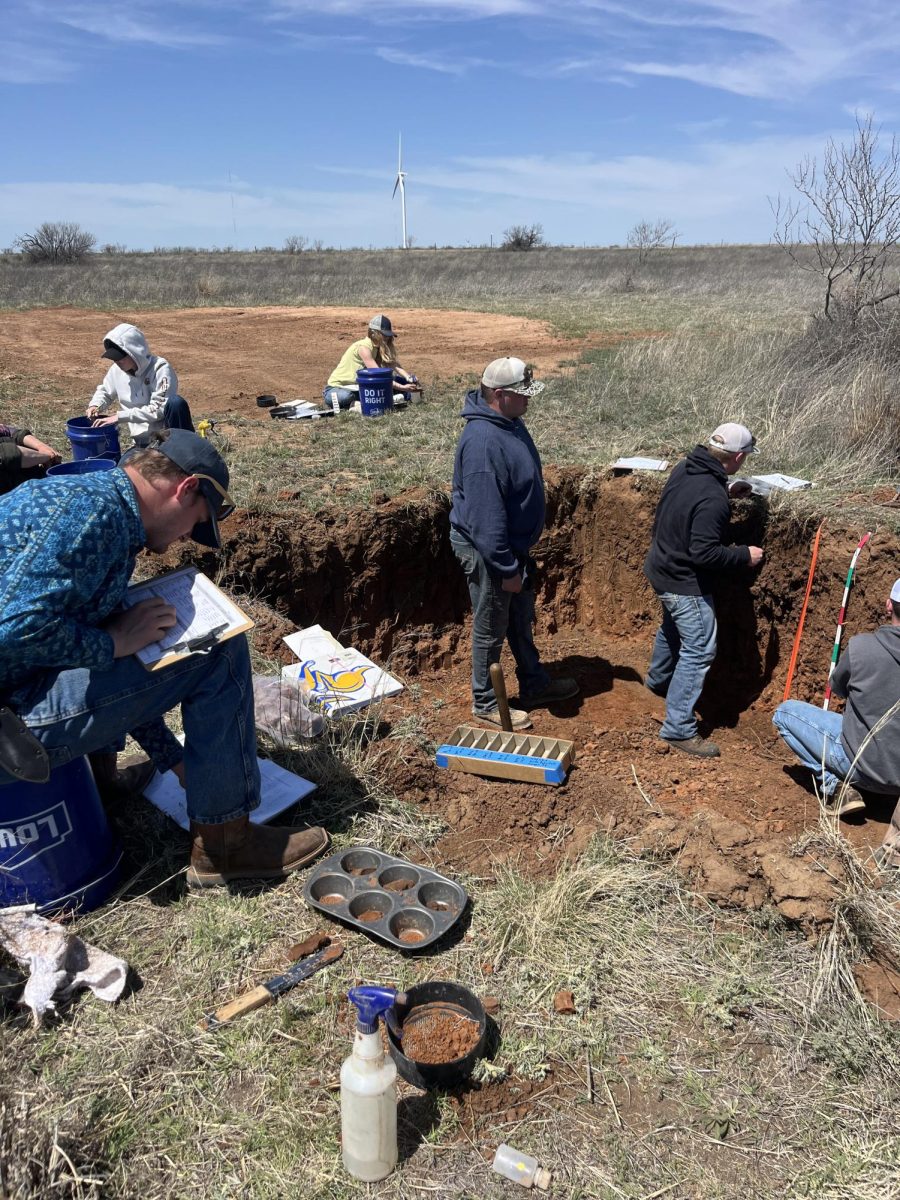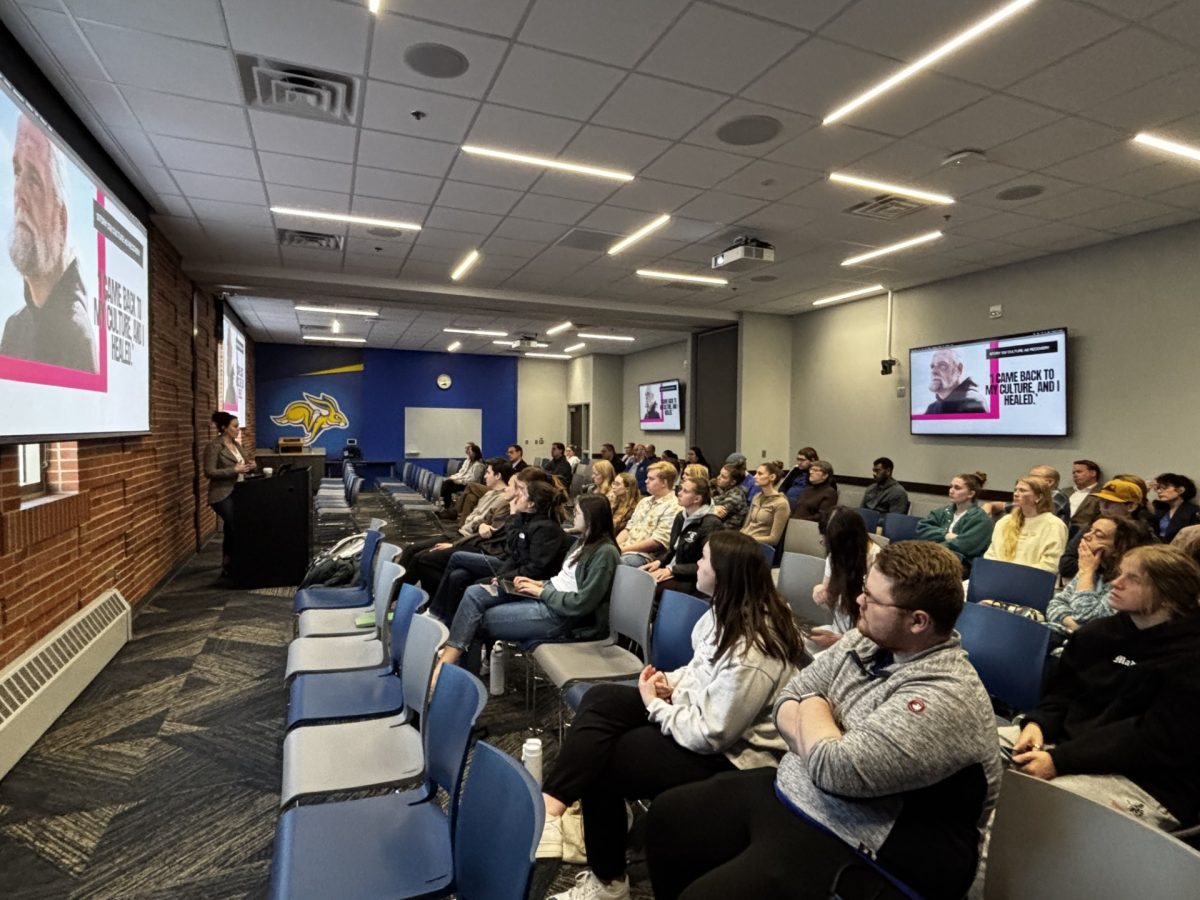Will The Rise of the New COVID-19 Variant, BA.2.86, Affect SDSU?
Since cold and flu season started at the end of August, South Dakota State University students should be aware of the new COVID-19 variant, BA.2.86. This new variant’s symptoms are different from the original COVID-19 symptoms.
Symptoms used to consist of difficulty breathing and lung issues while now, symptoms are a sore throat and allergy sinus issues.
Bunny Christie, Brookings Health System infection preventionist said that people should test to differentiate between COVID-19 and common cold symptoms. When asked if Brookings Health System is concerned about a rise in reported COVID-19 cases during HOBO Days, Christie said it is a big concern.
“If individuals feel sick, think about others before going out,” Christie said. “Take your health seriously and we need to take care of each other.”
Brookings County has reported 60 positive COVID-19 cases in the last month. Yet, SDSU plans to not change their protocols at all.
SDSU does not test for BA.2.86 on campus like it did during the early parts of the pandemic. Jayme Trygstad, SDSU emergency management specialist said students should test with provided home tests and seek medical treatment when needed.
According to Trygstad, SDSU was sent 15,000 home test kits from the state of South Dakota in February 2022. These tests can be found at the front desk in resident halls and Jackrabbit Pharmacy.
This is the only support SDSU is providing to students. Masks, testing for COVID-19, quarantine housing, and vaccination clinics for BA.2.86 and influenza will not be provided on campus this school year like they were earlier in pandemic.
If people experience COVID-19 symptoms, they should use good hand hygiene, cover coughs, use disposal tissues with runny or stuffy noses, wear a mask when needed, and get vaccinated against any sickness, Christie said.
She also said the most important message to SDSU students, faculty, and the Brookings community is to take care of one another. Encourage others to put their health as the number one priority, notice how others feel when in large groups, seek medical advice when needed, and take medication to ease symptoms.
“Get vaccinated, take care of yourself, and do the right thing,” Christie said. “We need to take care of each other.”






















